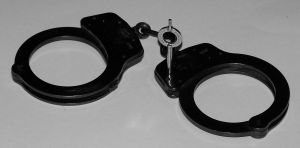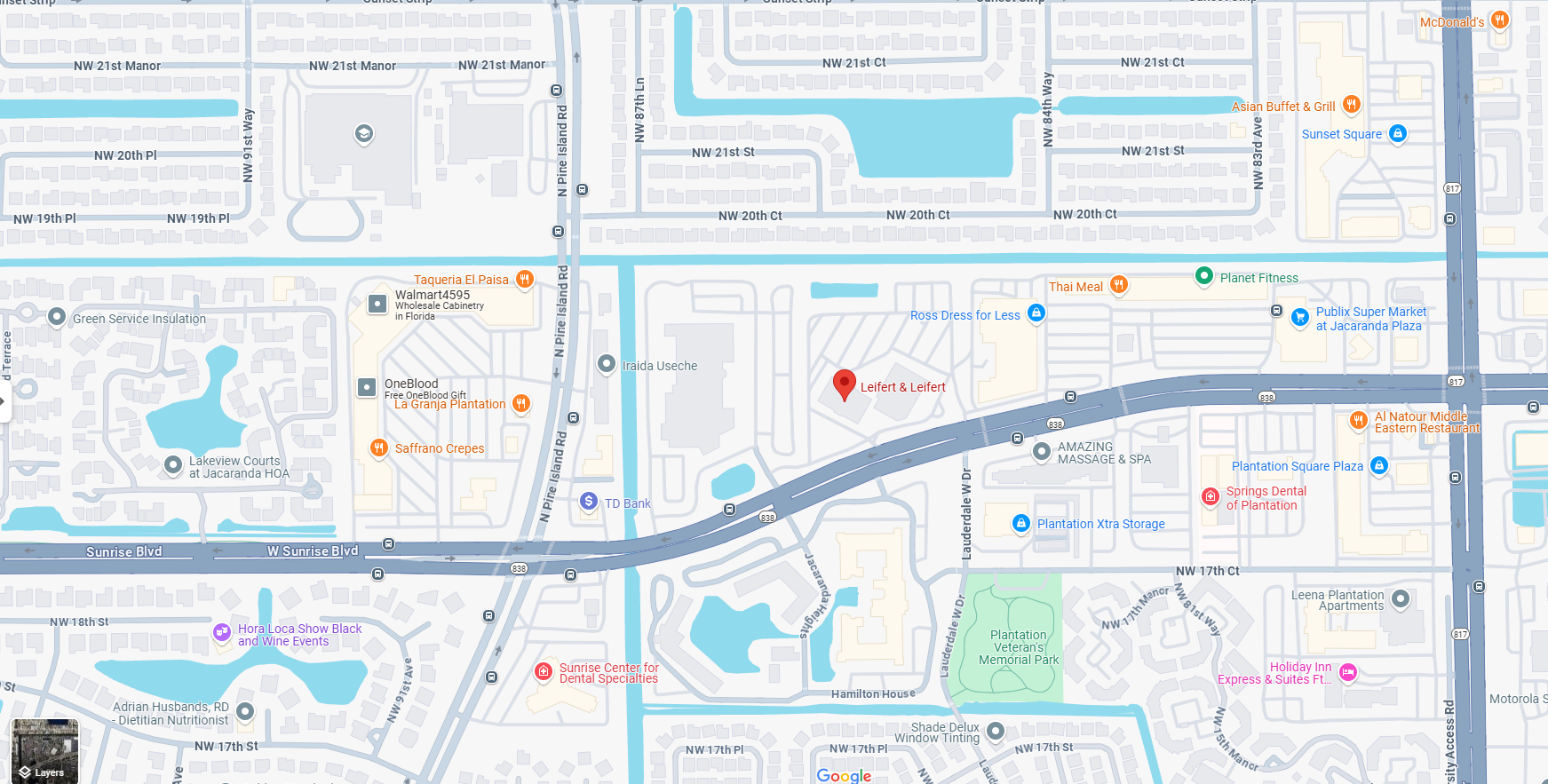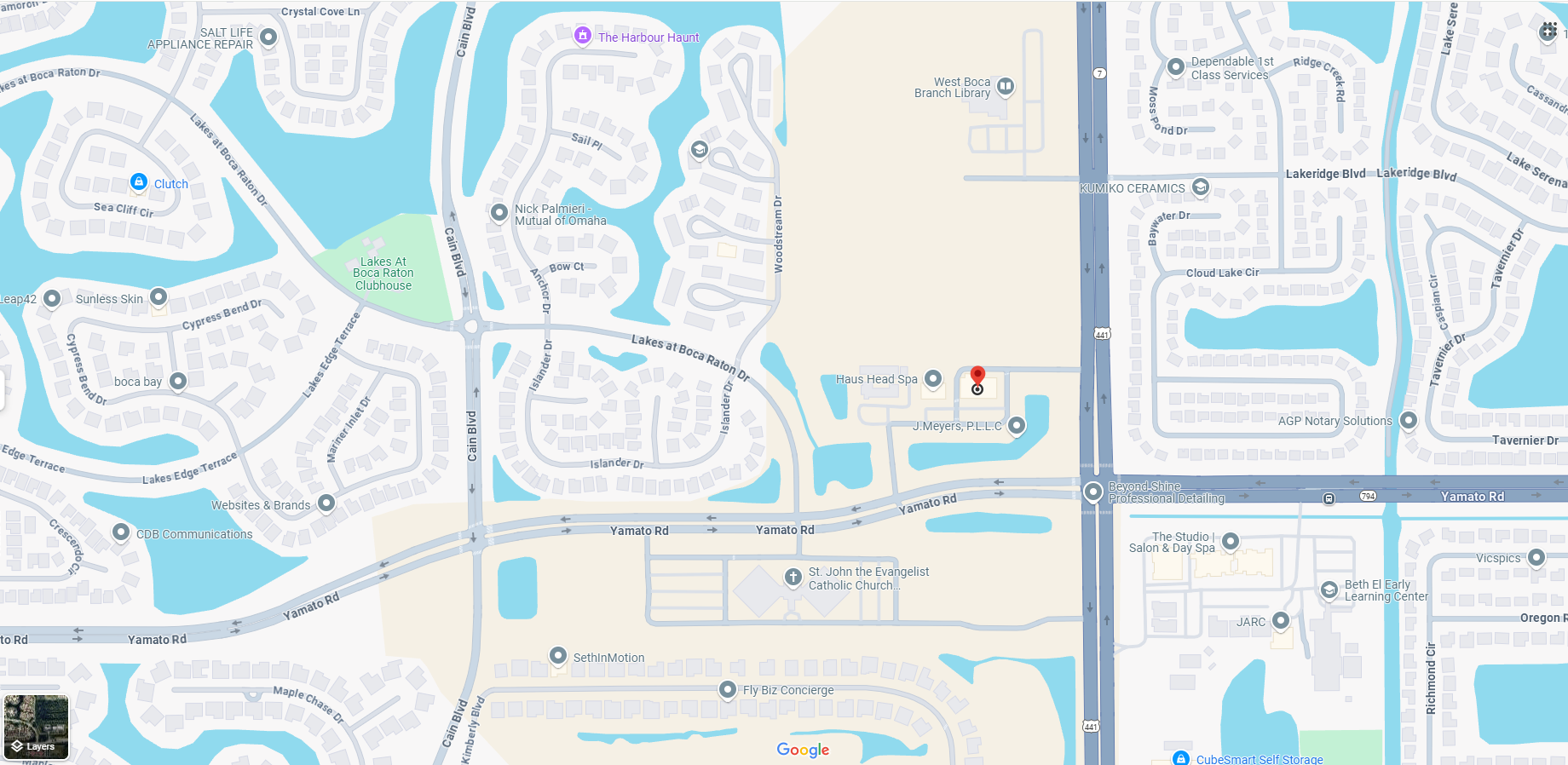U.S. v. Burgos – Prosecutors Failed to Meet The Burden of Proof

As a team of former prosecutors, our Fort Lauderdale criminal defense lawyers are familiar with the burden of proof that rests with the state. Because we know how prosecutors operate from the inside out, we know how to tear their theories down, and build our client’s defense.
The case of U.S. v. Burgos shows the weight of the burden that prosecutors must carry in order to prove their case and secure a criminal conviction. This case involved a cop convicted on drug charges whose conviction was later reversed upon appeal, with the court finding upon review that prosecutors in fact did not meet the minimum requirements necessary to prove their case.
This was a federal case, which means although it was decided in Massachusetts, the findings are applicable in federal courts across the country.
The defendant was specifically convicted of conspiring to distribute marijuana and to possession with intent to distribute, in violation of 21 U.S.C. 846. He was a former uniformed city patrol officer in Massachusetts, and between 2005 and 2009, he was patrolling a particularly high-crime area. The department had dedicated not only patrol units, but also specialized gang and vice squad officers to be a regular presence in the area.
The defendant’s brother-in-law worked at a local repair shop, where one of the workers reportedly ran a sizable side business of illegal marijuana sales (estimated to have sold some 2,500 pounds of the drug over the course of those four years).
The defendant reportedly visited the shop often to have his vehicle repaired, and on one occasion, reportedly told his brother-in-law that the site was being watched by investigators. In 2006, the defendant’s brother-in-law quit at the shop, and subsequently, the defendant visited less frequently as well. Still, he reportedly maintained a friendship with the co-worker running the marijuana distribution network, and he was given deals on auto repairs.
The co-worker told others that he had the protection of a local officer, though the individual was never mentioned by name. He would later testify it was a bluff, and that the defendant never knew he sold drugs and the two never discussed it. When later arrested on drug distribution charges, he testified he never understood why the officer was arrested along with them.
Further, the investigation into the auto shop worker never focused on the officer and at no time was he under surveillance, although one wiretapped conversation did appear to capture the officer informing the defendant that he was being watched by police.
He was convicted. But at issue upon appeal was an instruction given by the government to the jurors regarding “willful blindness.” This is sometimes referred to as ignorance of the law, and the idea in this case was that while the defendant may never have known specifically what illegal substances the auto repair employee was dealing, he nonetheless conspired to help him in his endeavor. In order to prove this, the government would have to show that there was a high probability the defendant knew a conspiracy involving controlled substances existed and that if he didn’t know the details, it was because he consciously and deliberately avoided learning them.
However, the appellate court determined that prosecutors failed to prove beyond a reasonable doubt that a conspiracy existed, that the defendant knew about it and that he voluntarily participated in said conspiracy.
His case was remanded back to the lower court for a finding of acquittal.
If you are charged with a crime in Broward or Palm Beach counties, contact the Law Offices of Leifert & Leifert, a Partnership of Former Prosecutors, for a free consultation to discuss your rights. Call 1.888.5.DEFEND.
Additional Resources:
U.S. v. Burgos, U.S. Court of Appeals from the First District, Appeal from the U.S. District Court for the District of Massachusetts, Dec. 14, 2012
More Blog Entries:
U.S. v. Peoples – Proper Courtroom Etiquette in Broward County, Nov. 10, 2012, Fort Lauderdale Criminal Defense Lawyer Blog







